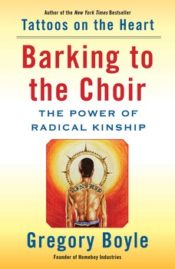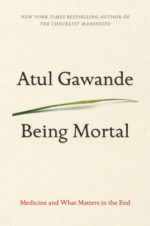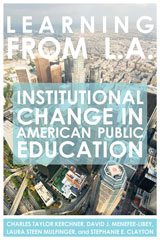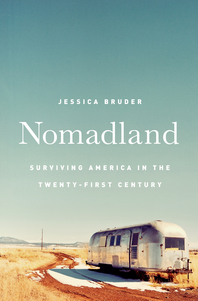Learning 2.0 So Far: Breakthrough Ideas and Political Deadlock
Posted on | July 18, 2011 | Comments Off on Learning 2.0 So Far: Breakthrough Ideas and Political Deadlock
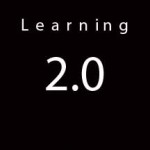 This spring, I posted Learning 2.0, a short essay on how we might reshape school reform to recognize the tremendous changes in information processing and their implications for teaching and learning.
This spring, I posted Learning 2.0, a short essay on how we might reshape school reform to recognize the tremendous changes in information processing and their implications for teaching and learning.
I’ve been gratified by the response. The original post has been reprinted and passed along, which is what I had hoped, and over the past several weeks I have worked to amplify it. Learning 2.0 is built around the notion that it is possible for us to replace the batch-processing mode of education that has been in place for a century. Both our norms about “the grammar of schooling” and the statutory foundations of public education reinforce age-graded instruction, labeling students as ahead or behind, and the firm belief that it should take exactly nine months to learn Algebra I. Moreover, students should learn it in eighth grade to get ahead of the Japanese Chinese.
Douglas Thomas and John Seely Brown write about A New Culture of Learning, which I compare with John Dewey’s classic School and Society written more than a century ago, and the new culture faces some of the same possibilities of defeat and distortion as Dewey’s did.
Clayton Christensen, Michael Horn and Curtis Johnson make the case that computer aided, Internet delivered instruction is a disruptive technology, like the transistor or digital photography. I believe they are partly right, but only partly. Technology adoption in education is not like technology adoption in the consumer or commercial marketplace; it’s a political battle with existing and emerging interests.
Part of the political battle will come over the creation of a new production system for education. Yochai Benkler, in The Wealth of Networks, makes the case that peer production—building knowledge through a wide-spread cooperative network—is an important new mode of knowledge delivery that challenges the existing, capital intensive, media and knowledge production oligarchy. Society will witness a massive political fight over access and copyright. And unless educators cede the battle before it’s begun, there will be another fight over whether educators or corporations design learning.
Teachers and their unions are particularly vulnerable in this battle. Unions are always vulnerable when a production technology changes, and neither national union seems to realize that changes in teaching and learning pose an elemental challenge to their existence. These changes also offer unions the greatest opportunity they have had since winning collective bargaining rights.
In other published pieces, and some more to come, I amplify on the elements of Learning 2.0. Remix makes the case for combining head and hands learning, and examines the potential of Linked Learning. In Student as Worker, I expand on the idea that students are the real workers in the education system, and that we should build on that reality. In the post below, I advocate amending our idea of basic skills, recognizing the ability to solve difficult, ambiguous problems and to collaborate with others as essential 21st Century skills, and we should find ways to build them into our designs for instruction and evaluation.
In future posts, I write about the need to customize education, essentially developing an individual education plan for all. Second, we should unbundle the relationship between teaching and testing.
The converging trends of technology, the demands on public education for high standards for all, and the fiscal crisis sweeping California make this the best of all times to design Learning 2.0, to create law, structure, and financial mechanisms to bring it about. I argue that it is the best of times. But to paraphrase Dickens, it’s also the worst. The politics we have now will not get us to Learning 2.0. Unless we can make our political system more productive, we will continue to have auditions of ideas without opera that brings them together.
I am drafting a piece about a new educational infrastructure that might help.
